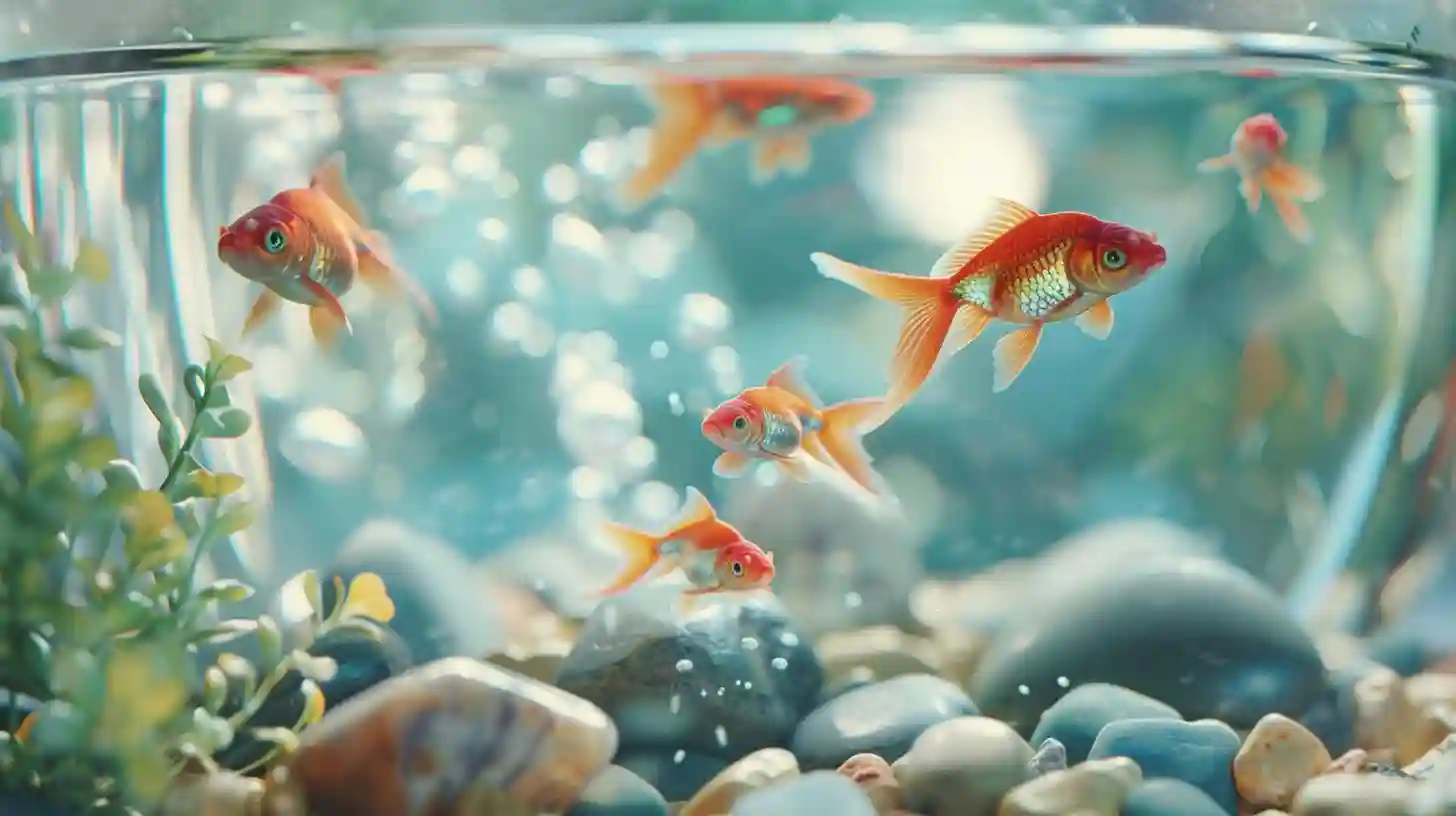
The myth of the short memory of fish: debunking the misconception
One of the most common myths associated with fish is that they have an incredibly short memory, often compared to that of a goldfish. This misconception has been ingrained for many years, leading many to believe that fish are unable to retain information or learn from their surroundings. However, recent research has shed light on the true nature of fish memory, debunking this myth and revealing a much more complex and nuanced understanding of these amazing creatures.
The idea that fish have poor memories dates back to the 1950s, when one study claimed that goldfish had a memory span of only a few seconds. This research was widely accepted and formed the basis of the popular belief that fish are forgetful creatures with limited cognitive abilities. However, subsequent research has shown that this early research was flawed and did not take into account the true memory capabilities of fish.
In fact, fish are able to remember information for much longer than previously thought. For example, research has shown that fish are able to learn from the world around them and remember important landmarks in the environment. This ability is especially important for species that migrate long distances or live in complex habitats, such as coral reefs or river ecosystems.
One of the reasons why the myth of fish's short memory persists is that fish do not have memories like mammals or birds. Fish do not have the same brain structures as humans, leading many to underestimate their cognitive abilities. However, recent research has shown that fish are capable of complex behavior and can learn from past experiences, indicating that their memories are much more complex than previously thought.
One of the key factors influencing memory in fish is their ability to form associations between different stimuli. For example, fish have been shown to remember the location of food sources and demonstrate problem-solving skills when faced with challenges. This type of associative memory is essential for survival in the wild because it allows fish to navigate their environment and avoid predators.
Additionally, research has shown that fish are capable of remembering social interactions and maintaining complex social relationships. For example, some species of fish are known to form hierarchies within their social groups, with individuals remembering their place in the hierarchy. This type of social memory is critical to maintaining group cohesion and ensuring the survival of the species.
Another important aspect of fish memory is their ability to learn from past experiences and adapt their behavior accordingly. Research has shown that fish are able to remember and avoid dangerous situations such as predators or other threats. This type of training is essential for the survival of fish as it allows them to avoid potential risks and maximize their chances of success in the wild.
Despite a growing body of research debunking the myth of fish's short memory, there are still many misconceptions surrounding these amazing creatures. One common myth is that fish are incapable of feeling pain or suffering, leading to widespread mistreatment in the fishing and aquaculture industries. However, research has shown that fish are capable of experiencing pain and stress, indicating that they are much more intelligent creatures than previously thought.
The myth of fish's short memory is a misconception that has been perpetuated for years and has led to widespread misunderstanding of these amazing creatures. Recent research has shown that fish memory is much more complex and subtle than previously thought, and fish exhibit a wide range of cognitive abilities and behaviors. By debunking this myth and better understanding fish memory, we can appreciate these wonderful animals for the intelligent, sentient creatures that they are.